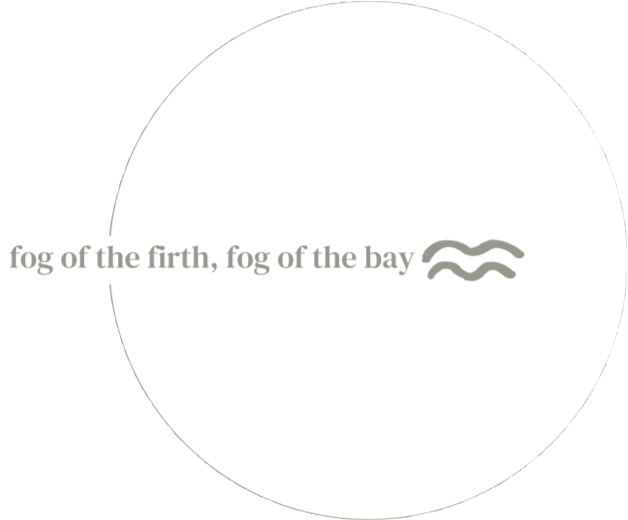My last adventure post was on swimming with whale sharks, which was an incredible experience. Before that, though, we had an equally amazing experience when out whale watching in Vilankulo. June through October is whale watching season here, as the humpback whales travel up to warmer waters to calf. We went with our friends on their boat, and set out around noon as everyone had work that morning. We spent the first hour or two driving past the islands into the deep sea, and there very quickly came upon a mother humpback whale and her baby. They were coming up for air every now and then, sometimes so close that we could smell them - a deep, salty, briny smell like pure ocean streaming into your nostrils. It was amazing. Unfortunately, it was too hard to get any good photos of them as they were only coming a little ways out of the water, but we enjoyed our time watching them swim right around and under the boat.
In the distance, we could see larger, full grown humpback whales leaping and diving out of the water, breaching every few seconds. There were loads of them, and we quickly set the boat in that direction to see what we could see. On the way, we were stopped by a most incredible sight: a huge pod of spinner dolphins, maybe as many as 70, who surrounded the boat, playing in our wake, leaping in and out, jumping at our toes, and seemingly just loving life.
Spinner dolphins are known for their acrobatics, especially their ability to leap up high out of the water and complete many full circle spins the air. Some of them were doing this as we watched, others were just leaping, swimming fast, and playing. There were babies, too, like the one shown in the image above on the left, and the parents seemed to usher the babies away from the boat for safety. It was magical to be able to watch wild dolphins from so close, and an experience we will never forget.
Our tour didn’t end there. As we drove back towards the islands, a huge whale breached right in front of us, coming out of nowhere and leaping in an almost slow motion spin, flippers on display as he crashed down back into the sea. Finally, we even spotted a dugong, a resident animal called Christina. Dugongs are in the same family as manatees, and are an endangered species. Here in the Bazaruto Archipelago, we have the last viable wild population, and they are fiercely protected.
Here she is poking her nose out.
Finally, we ended the day (and spent the night) on our friends’ yacht. The sunset over the sea was deep orange and beautiful, a stunning ending to a stunning day.














